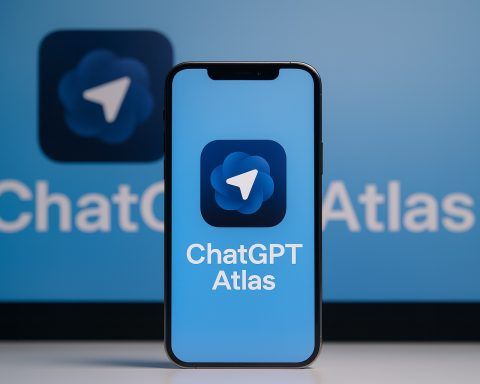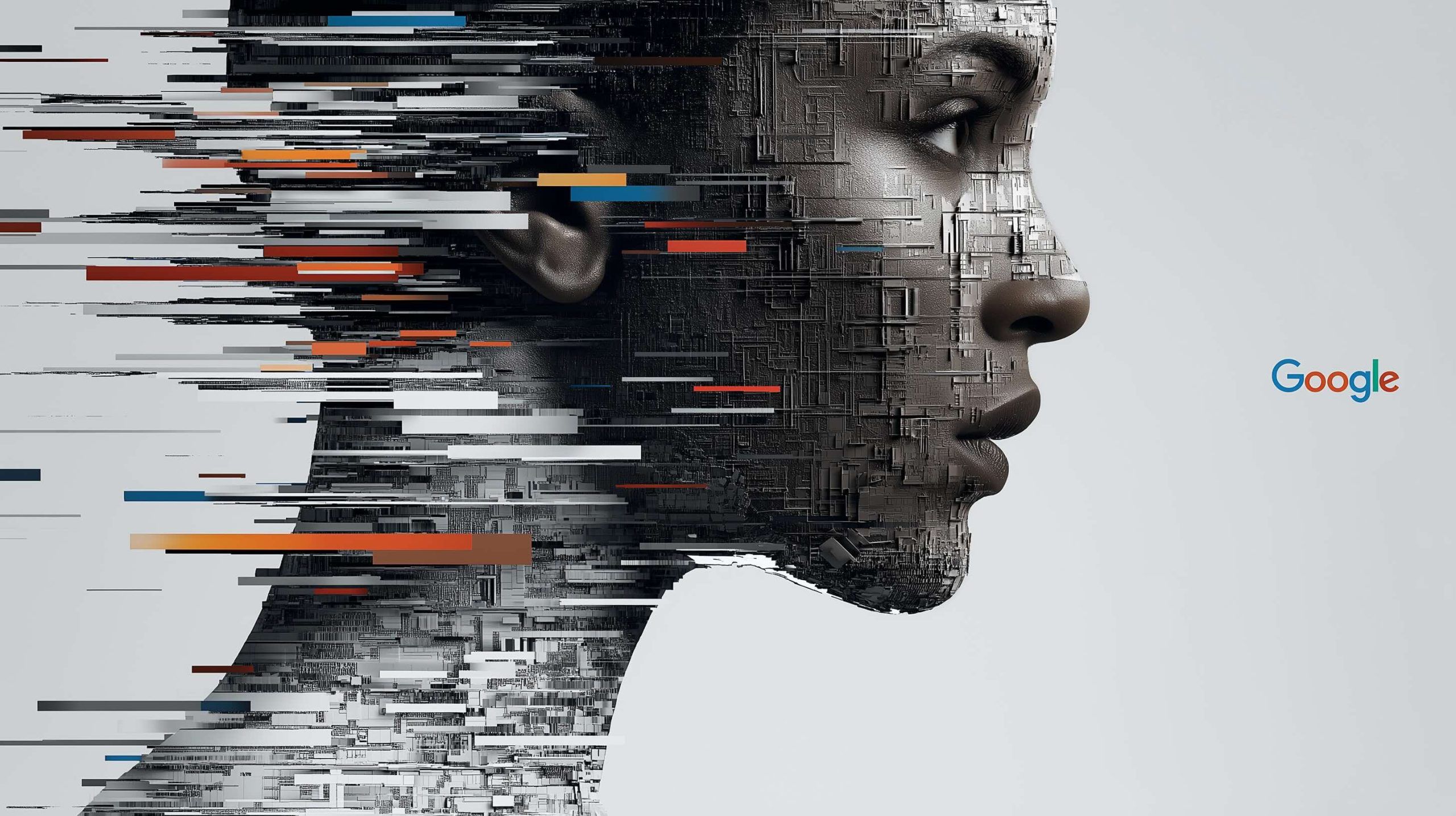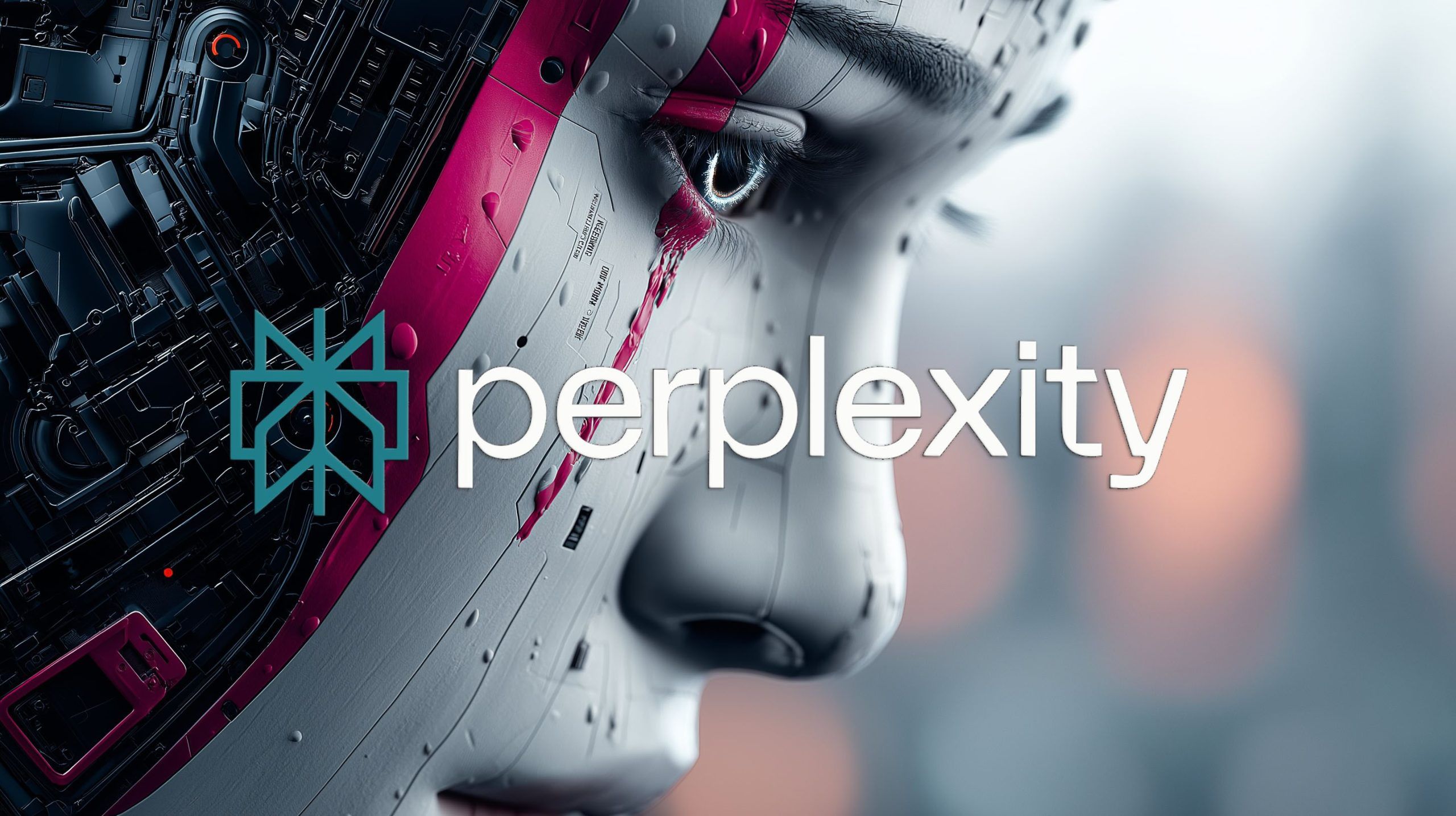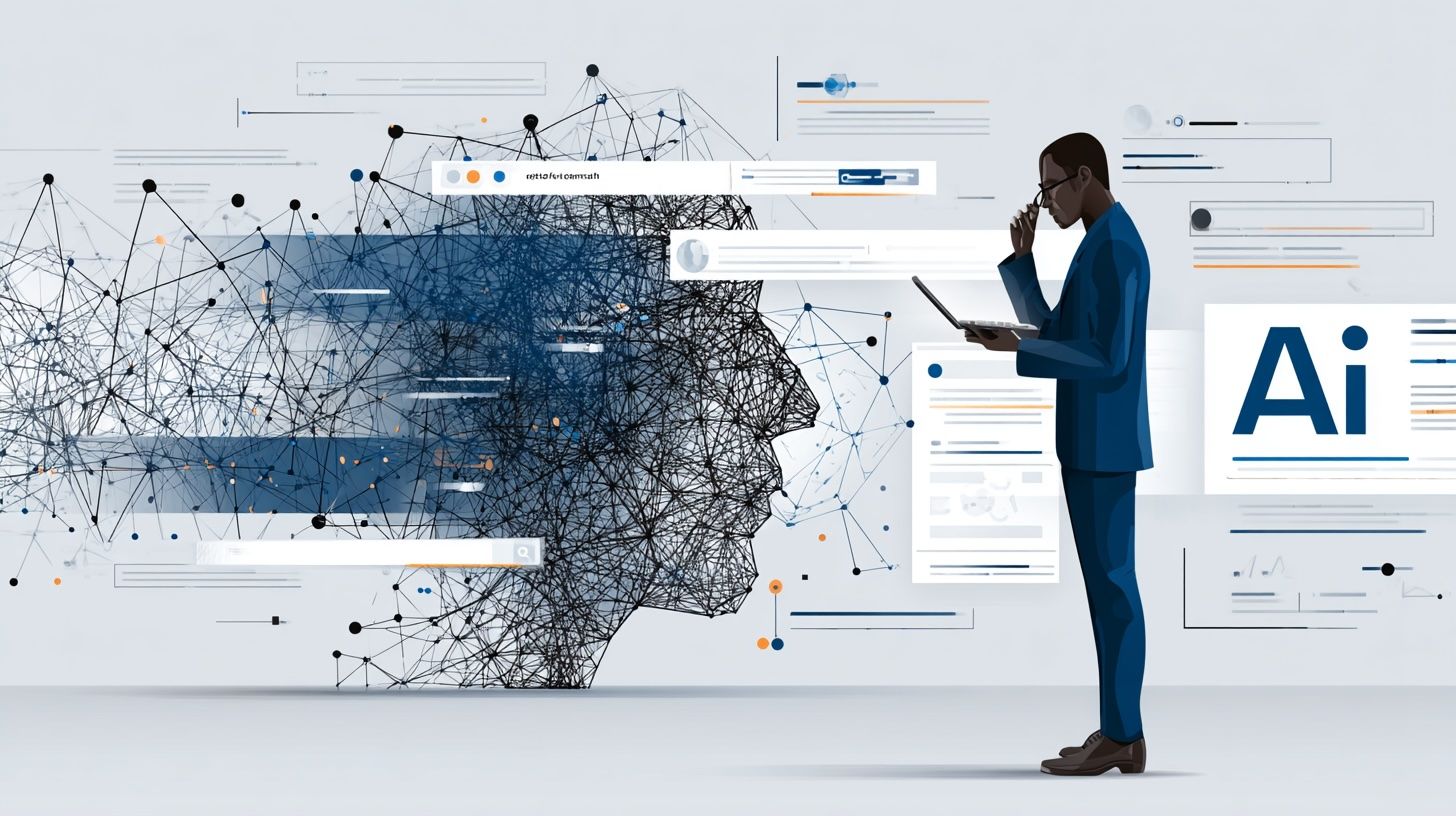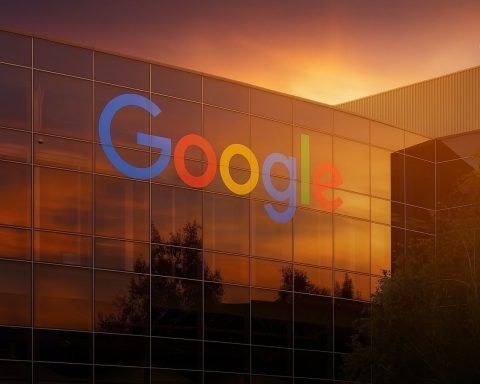
Google in 2025: Gemini 3, $4 Trillion Valuation Race and the New AI-Powered Future of Search
Alphabet, Google’s parent company, is closing out 2025 in full sprint. The company has just delivered its first-ever quarter with more than $100 billion in revenue, is edging toward a $4 trillion market valuation, and is rolling out its most
